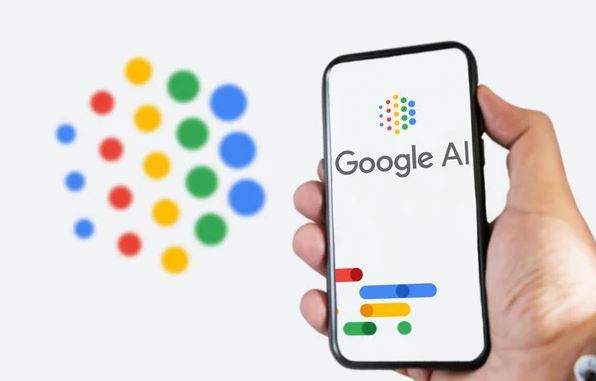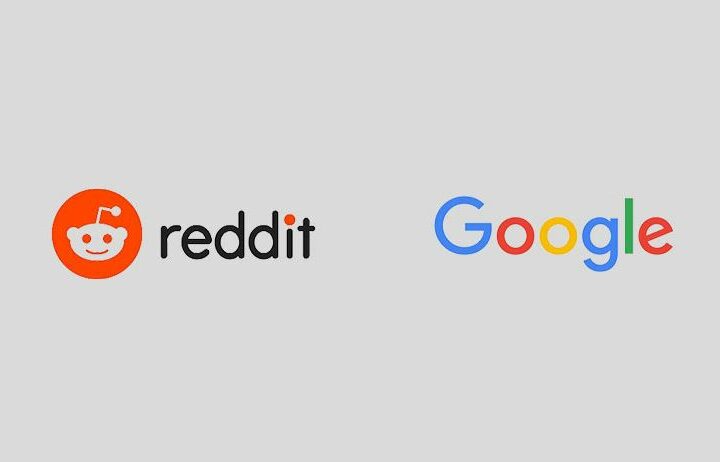
Google has once again set the stage for advancements in artificial intelligence (AI) with the launch of Gemma, a new suite of AI models that promises to redefine the landscape of lightweight, high-performing AI solutions.
Following closely on the heels of its Gemini models, Gemma introduces the 2B and 7B versions, designed for both commercial and research applications, showcasing Google’s continuous pursuit of excellence in AI technology.
Inspiration and Architecture
The Gemma models, taking cue from the successful Gemini series, represent Google’s latest foray into the realm of AI, merging state-of-the-art performance with accessibility.
These models, described as dense decoder-only architectures, draw from the foundational design principles of the earlier Gemini and PaLM models.
Google’s announcement, while sparing on comparative performance details, hints at the models’ competitive edge, with benchmarks to be released on Hugging Face’s leaderboard, providing a platform for evaluation against industry counterparts.
Google emphasizes the accessibility of Gemma, offering developers ready-to-use resources like Colab and Kaggle notebooks, alongside integrations with popular platforms such as Hugging Face, MaxText, and Nvidia’s NeMo.
This approach not only democratizes access to cutting-edge AI but also facilitates a seamless integration into diverse development environments, making Gemma a versatile tool for a wide array of AI applications.
Open Models vs. Open Source
The distinction between “open models” and “open source” was a focal point in Google’s discourse, highlighting a nuanced approach to accessibility and customization.
While Gemma models are open for inferencing and fine-tuning, Google’s strategic choice of terminology reflects a broader industry trend towards offering “open weights models” under specific terms of use, differentiating them from traditional open-source models in terms of redistribution and ownership rights.
Advancements and Applications
According to Google DeepMind’s Tris Warkentin, the evolution of AI over the past year has significantly enhanced the generation quality of models, enabling capabilities once reserved for larger models to be achieved by the more compact Gemma variants.
This advancement opens new avenues for AI application development, including local inferencing and tuning, thereby expanding the potential use cases for Gemma models in practical, real-world scenarios.
In addition to the technological breakthroughs represented by Gemma, Google’s introduction of a responsible generative AI toolkit underscores the company’s commitment to ethical AI development.
This toolkit, along with a new debugging tool, is designed to assist developers in creating safer AI applications, reflecting Google’s holistic approach to innovation.
As the AI community anticipates the real-world impact of Gemma, Google’s latest offerings signify a significant leap forward in making advanced AI technologies more accessible, responsible, and adaptable to the evolving needs of both developers and researchers alike.














